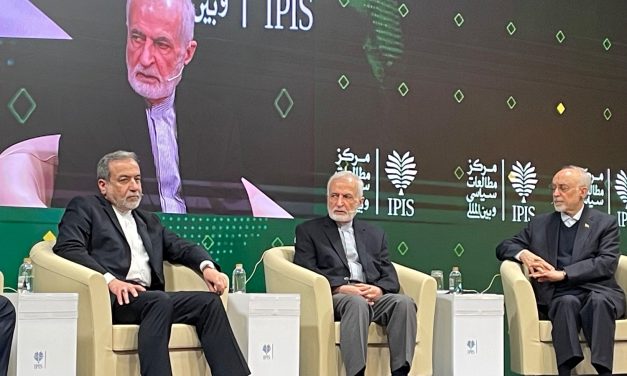The trilateral interactions of the US, China, and India are one of the most important triads in the contemporary Asian geopolitics. In this regard, we have noticed that with the escalation of tensions between Beijing and Washington, US Secretary of State Mike Pompeo called on India almost two months ago to reduce its dependence on Chinese goods. In fact, although US-China relations are at the heart of the global leadership conflict, the triple influence among Washington, Beijing and New Delhi is not limited to the US-China rivalry, though it is important within it. This tripartite influence includes two simultaneous security rivalries, one between China and India and the other between the US and China.
Since the presidency of Barack Obama, it has been acknowledged in US political and intellectual circles that the main challenge to the US position at the world level is China’s rise to power. For this reason, the US introduced a policy of moving towards the East under Obama. Initially, the US sought to confront China solely through cooperation of East Asian countries and Australia. However, due to the inadequacy of this strategy, they proposed the Indo-Pacific strategy, which was to use the capacity of East and South Asian countries with an aim of working together in the face of a common challenge in the future. That is why Obama personally travelled to India at that time, and relations between New Delhi and Washington expanded. During the Donald Trump presidency, when tensions between the US and China intensified, simultaneously the need for India was felt even more. India has a high incentive to cooperate with the US due to border disputes with China and some interference in each other’s internal affairs. In addition, India’s main enemy, the government of Pakistan, is effectively pursuing the path of a strategic alliance with China, which has led to double concern for India. It seems that the more the confrontation between the US and China intensifies, the more clearly the governments of East and South Asia will define the borders between themselves and China. Therefore, the US call on India to reduce the volume of trade with China should be sought within the framework of the Indo-Pacific strategy, which the two countries have already agreed over the need for its existence and its implementation.
It seems that India will be responding positively to the US call; because it needs it to confront Pakistan, as well as the Chinese threat that has led to tensions between the two countries in recent months. On the other hand, India’s relations with the US guarantee its security of access to the Persian Gulf energy, as well as access to European and American markets. Following this situation, India’s relations with governments such as Japan in East Asia will also develop. Meanwhile, if Donald Trump wins the upcoming presidential elections, more tensions and confrontations are expected between the US and China, in which case it is likely that the US and India will become much closer to each other than in the first term of Trump’s presidency. In fact, it can be said that in the second term of Trump, we will probably be witness to closer ties among the three governments of Japan, India and Australia, with the centrality and leading of the US.
Of course, if the Democrat Biden comes to power, experts believe that continuation of tensions and confrontation between China and the US will be inevitable, but perhaps to a lesser extent.
An important point that needs to be addressed is the impact of this situation on the interests and security of the Islamic Republic of Iran; since Iran seeks to interact and cooperate with China and it is natural that India will not welcome this situation and, therefore, its willingness for trade and economic cooperation with Iran will likely be reduced. In addition, India in case of intensification of confrontation with China may try to obtain its energy resources from a country other than Iran, in other words, the Arab countries in the region.
Meanwhile, although the project to transfer Iranian gas to Pakistan and India has practically failed due to US opposition, it should be noted that if the confrontation between New Delhi and Beijing intensifies, the project will disappear forever. In other words, if the US competition with China intensifies, it will affect the interaction and cooperation of all governments in Asia with China and India. In the meantime, if there is a cooperation between Iran and India in Chabahar, it is simply because the US and India have a common interest in strengthening Afghanistan and keeping it away from Pakistan. Therefore, New Delhi-Tehran cooperation in Chabahar is an exception, and if the US-China confrontation intensifies, it will probably overshadow cooperation in other areas.










0 Comments